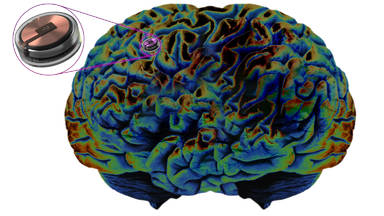
How do hallucinogens work? The honest answer is we don't know much, but we do know some things. To begin with, it targets a particular receptor site: the serotonin 5-HT2A receptor.
Because of this, the trip can take up to 12 hours. This will lead to an increase in the receptor's activity. Furthermore, neuroscientists point out that there are some short-lived effects that have not yet been well-documented.
However, one thing we know, or think we know, is that a particular brain network appears to be disturbed or calmed down. That is the default mode network. This was recently discovered by British researcher (Robin Carhart-Harris), who injected people with psilocybin and then scanned them with an MRI machine to visualize their functional magnetic resonance with an FMRI.
He was surprised to discover that a particular network was downgraded and it was the default mode network. What does it mean? Well, it is a group of closely related set of structures that connect the prefrontal cortex to the posterior cingulate cortex and have a deeper, older center for emotion and memory.
That's the key to creating an identity. You have no identity without memory, so-called autobiographical memory is a function and this appears to be in the posterior cingulate cortex. To a certain extent, the self can exist in the brain, which appears to be the default mode network.
When it calms down, the brain is like what neuroscientists say: "let off the leash". Because of the functions of this network, self-awareness is the regulator of all mental activity, and the brain is a kind of layered system and the default mode network seems to be at the top layer. It is a conductor or director of an orchestra.
You might have the visual cortex talking to the auditory system and suddenly you see music or it becomes tangible. You can feel it or smell it, and you may even experience synesthesia.
You temporarily rewire your brain without presence of a controller. This seems to have a positive effect in pulling the brain out of bad patterns. You're not doing anything that the brain can't do on its own, you're just playing or mimicking neurotransmitters. We still have a lot to learn, but further studying this area may portend a potential revolution in the way we practice mental healthcare.









